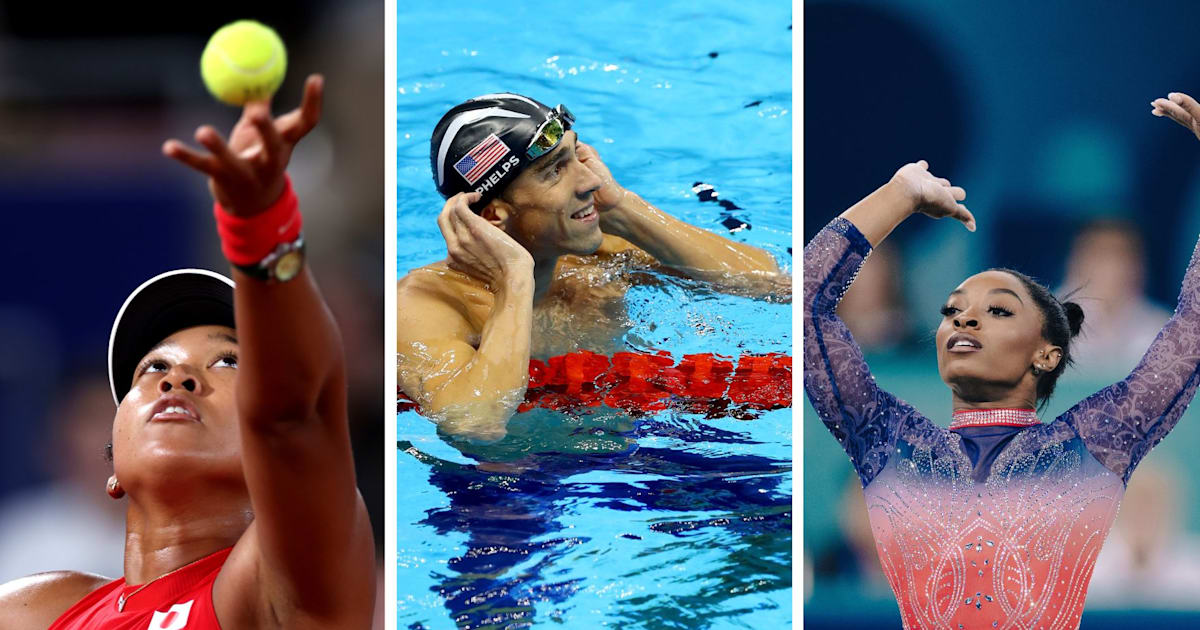Breaking Barriers: Olympic Champions Who Transformed Mental Health Conversations

In the world of elite athletics, vulnerability can be a powerful source of strength and inspiration. Rebeca Andrade's courageous journey of recovering from three anterior cruciate ligament (ACL) tears has become a beacon of hope for fellow gymnasts, particularly the Gadirova twins, who found solace in her resilient story.
Similarly, the mental health advocacy of tennis star Naomi Osaka played a pivotal role in empowering Olympic gymnast Simone Biles to prioritize her well-being and step away from competition when her mental and physical health demanded it. These athletes have transformed personal challenges into transformative moments of self-care and collective support, demonstrating that true athletic excellence goes far beyond medals and performances.
Their stories underscore the importance of athletes speaking openly about their struggles, creating a supportive environment that encourages vulnerability, healing, and personal growth in the high-pressure world of competitive sports.
